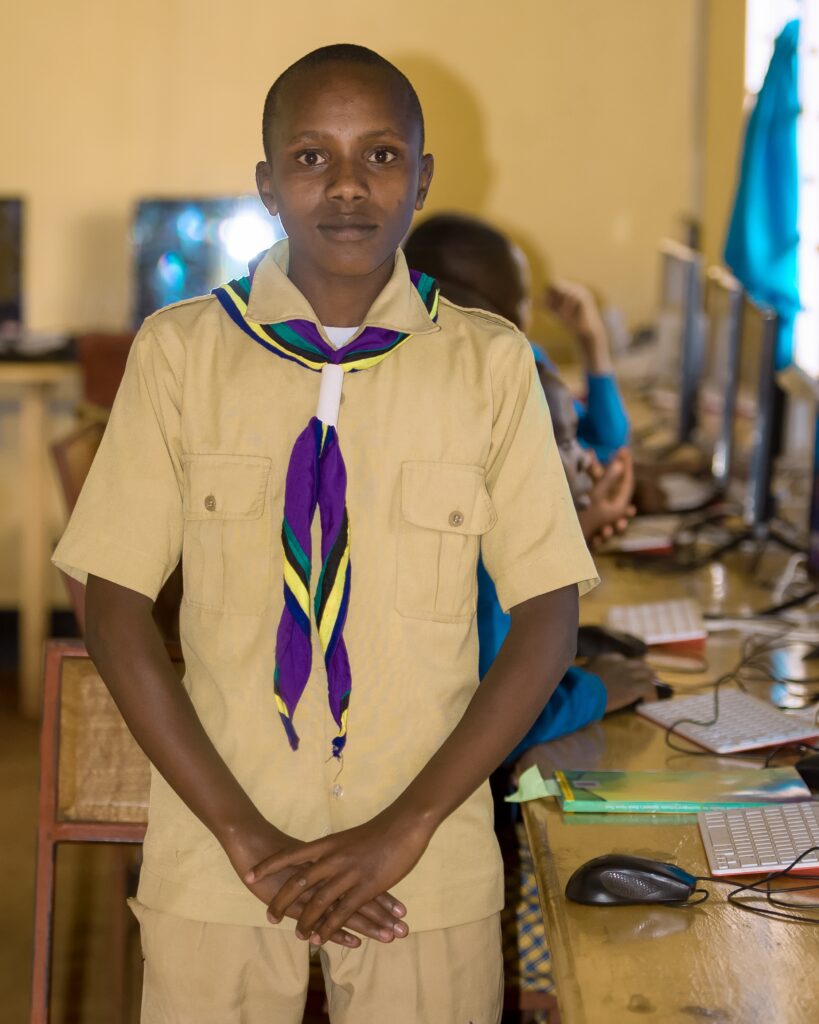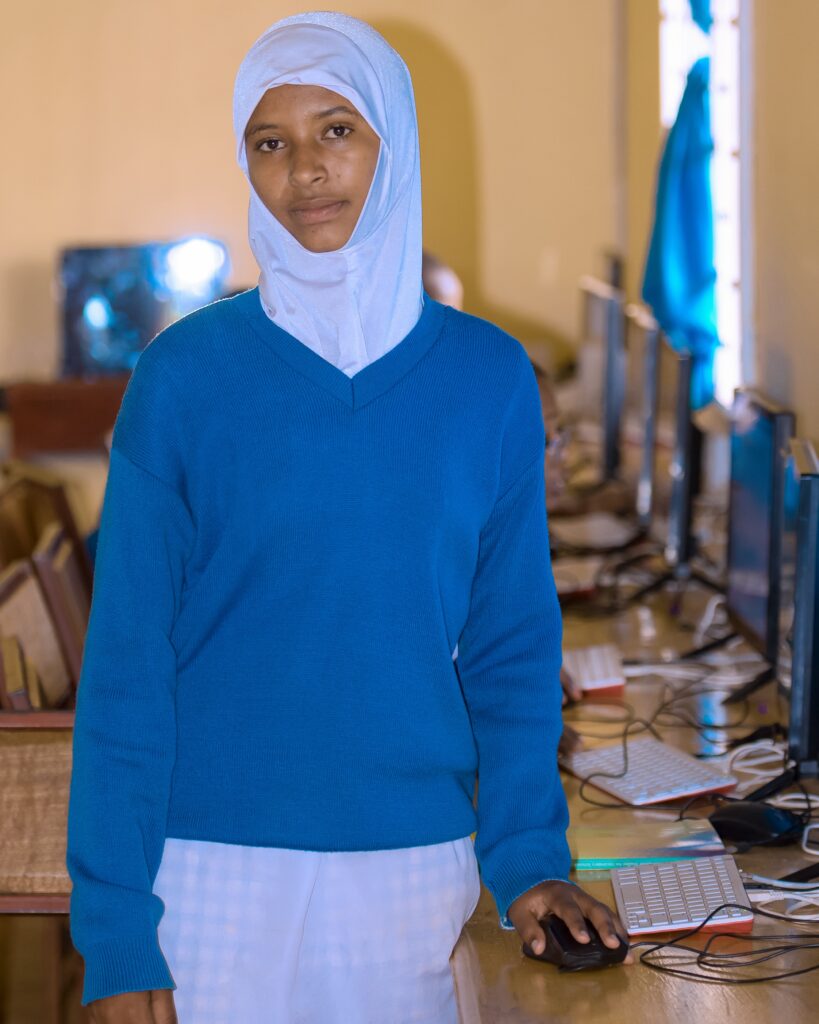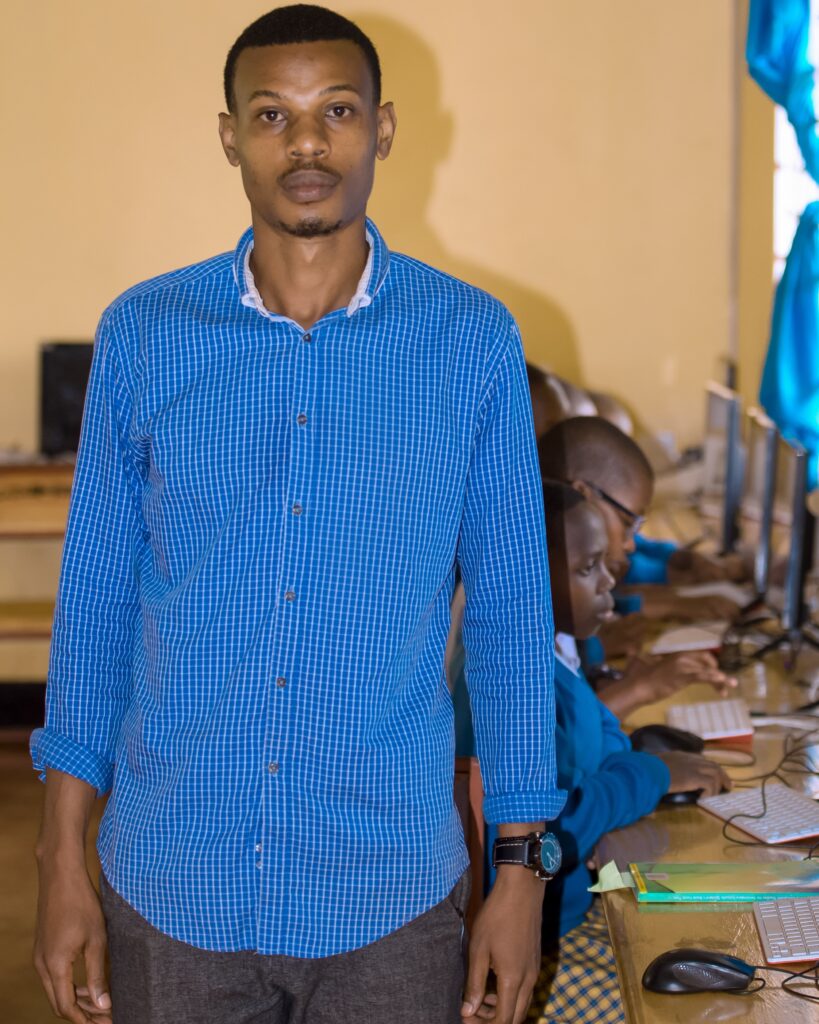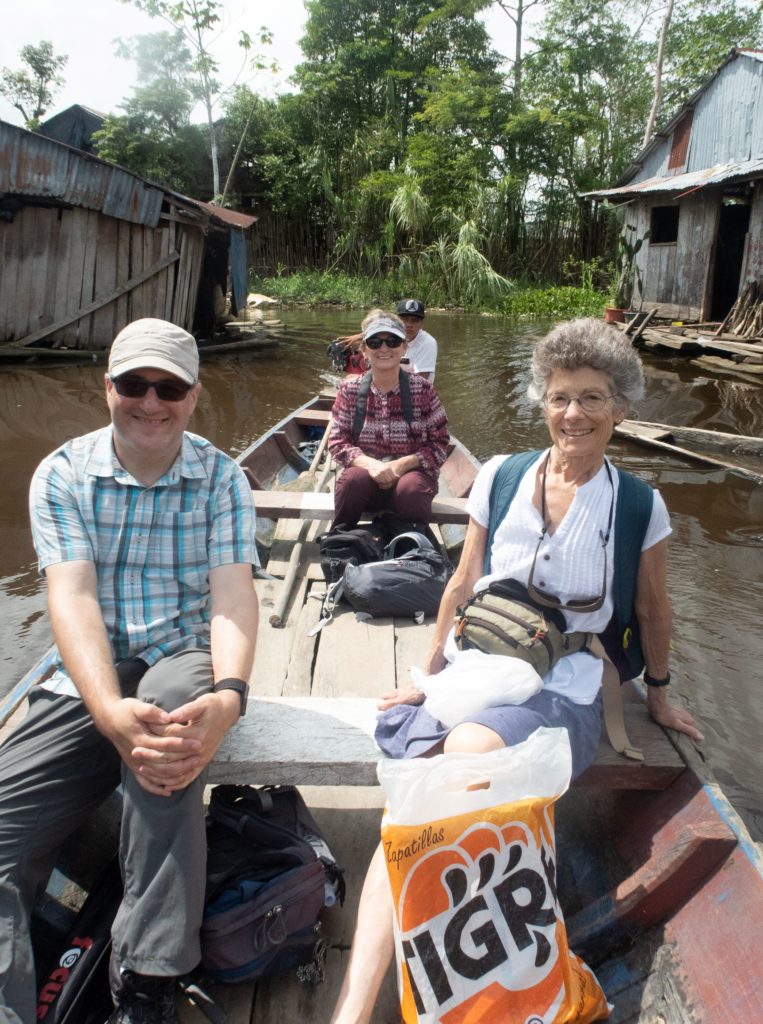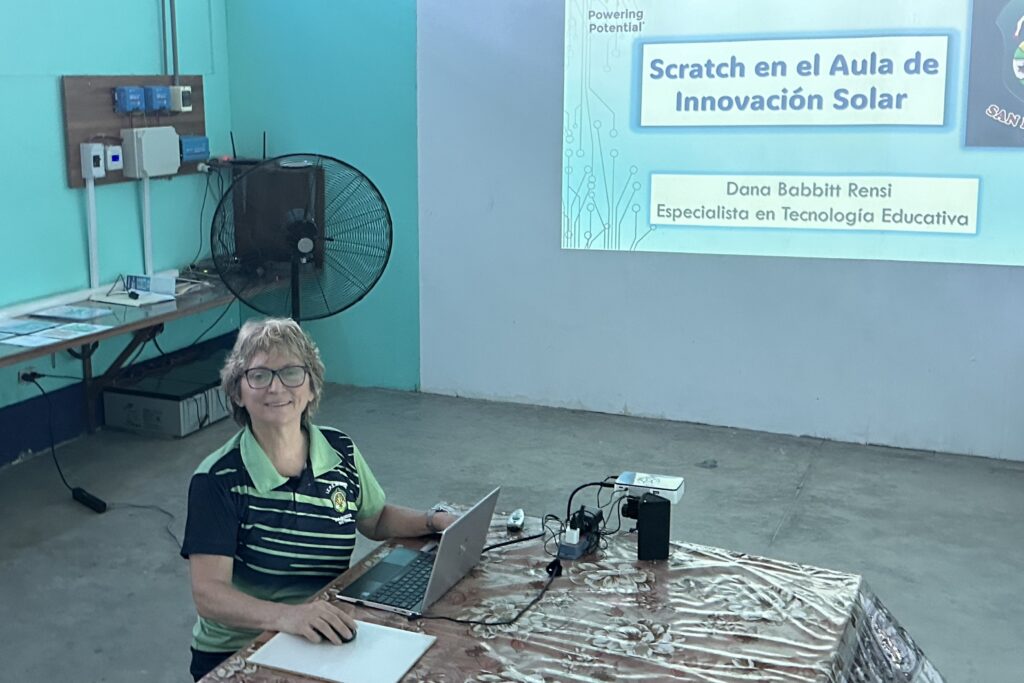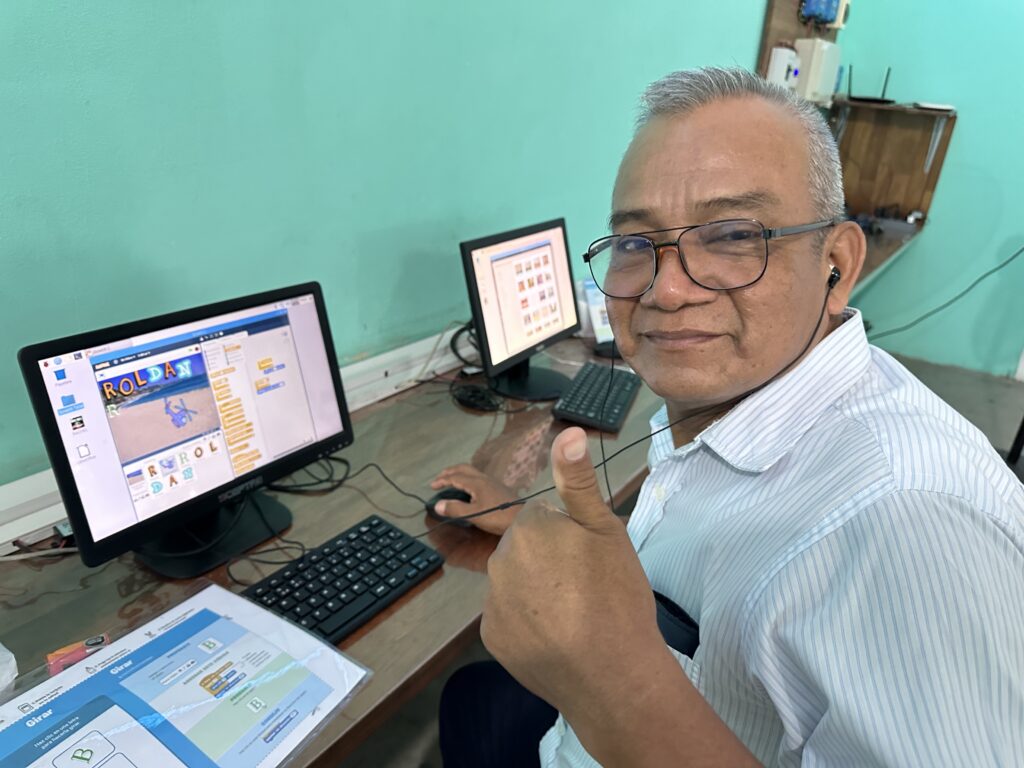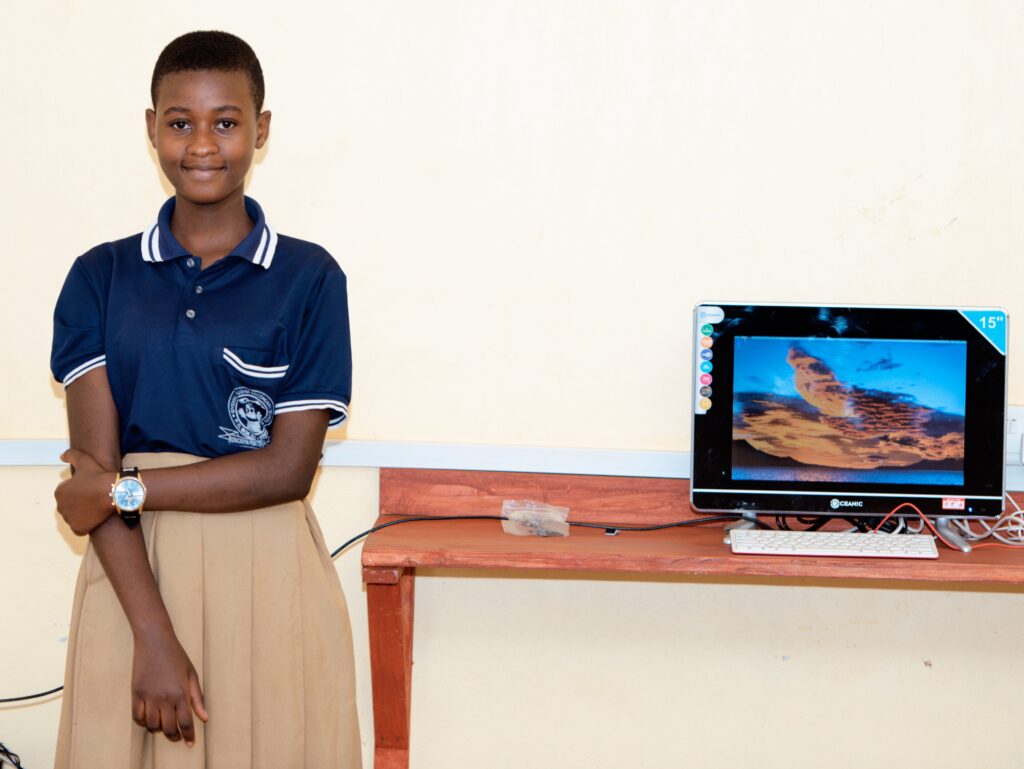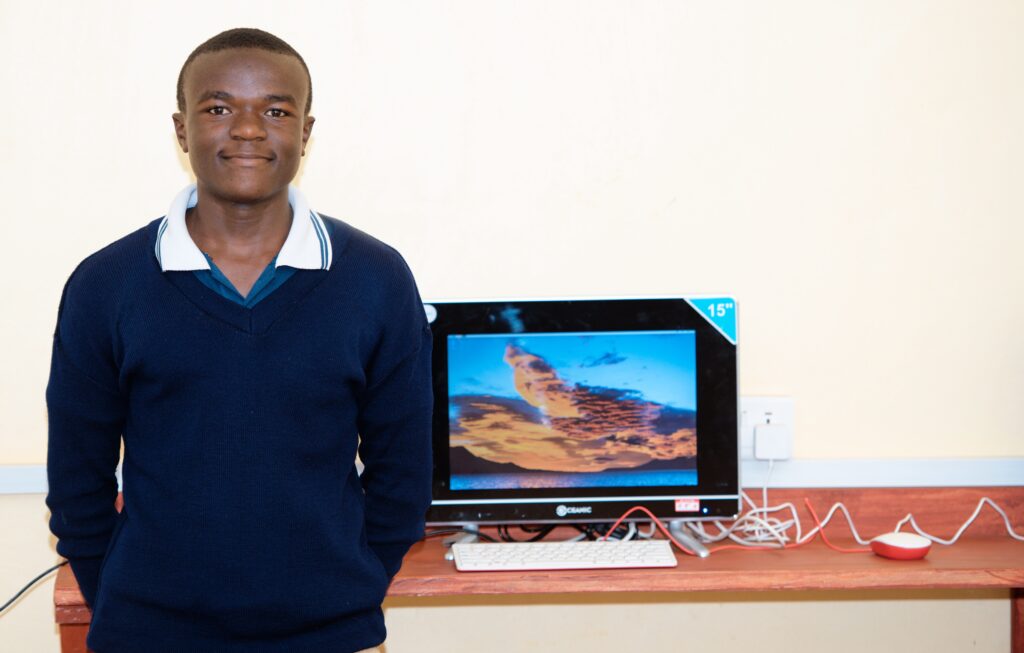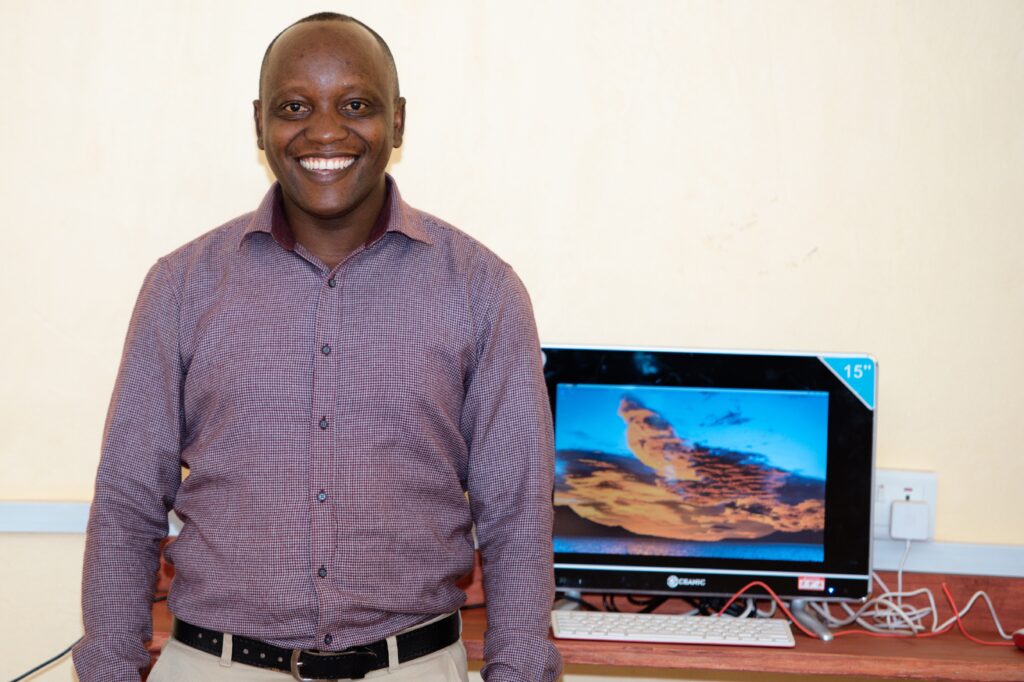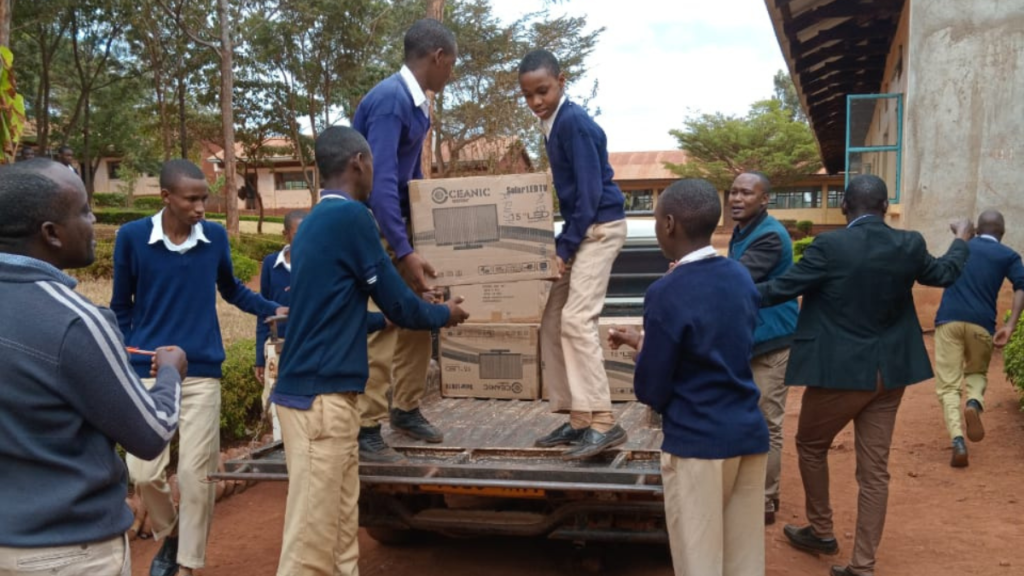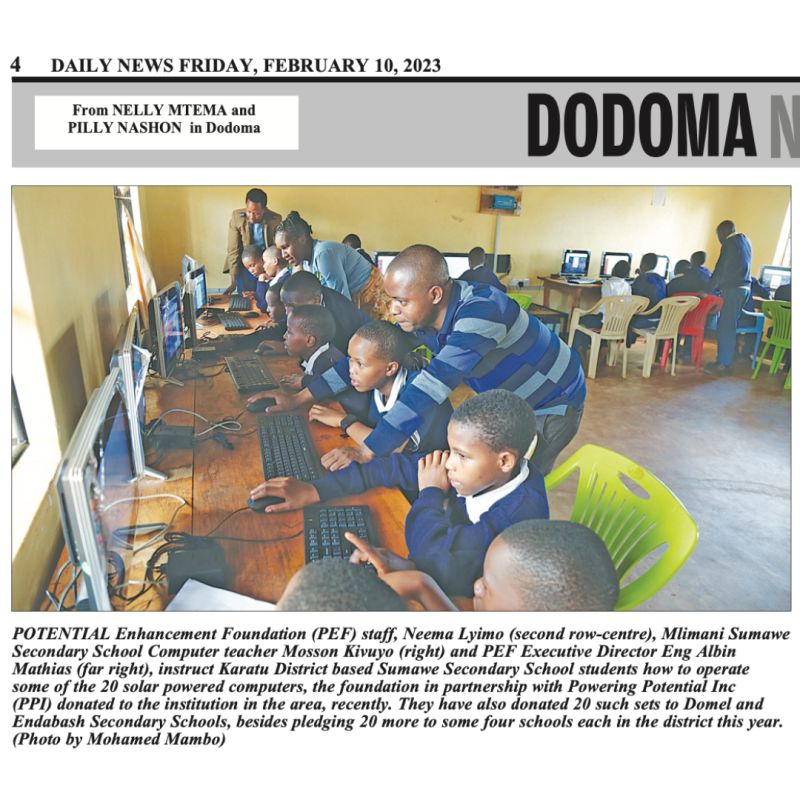We’re absolutely thrilled to introduce three schools that are part of Phase Two of the Karatu District Project!

We’ve recently connected with students, teachers, and school leaders eagerly awaiting their new computer labs. Their enthusiasm is contagious as they envision the incredible impact these installations will have on the students, teachers, and communities.
We received inspiring words from Godfrey, a dedicated head prefect, and Andrea, a passionate teacher at Diego Secondary School, as they anticipate the installation of a new computer lab.
Godfrey expressed, “This will help us in our studies to gain knowledge that is not in our books. It will empower our teachers to be more creative and use technology to enhance our learning. I’ll be encouraging my fellow students to utilize the computers to improve our academic performance. Thank you!”
Andrea added, “On behalf of Diego Secondary School, thank you to Powering Potential for this impactful project. It will benefit our entire school community – students and teachers alike. The lab will enable us to share new knowledge, access online teaching resources, and elevate our academic standards. We are grateful for your support and believe this project will propel us to new heights.”
Mr. Swai, Headmaster of Marang Secondary School, expressed his excitement, stating, “First of all, I am very excited about the computer lab from Potential Enhancement Foundation. As a school leader, I am really looking forward to working with them. I will be getting involvement from the parents to prepare the classroom. I believe this program will have a huge benefit to our students, especially nowadays as technology changes so quickly. People need to have a good understanding of technology and how to use computers. “
The excitement doesn’t stop there! Families and community members are also stepping up, coming together to prepare for the arrival of these new computer labs.
Mr. Sanka, Headmaster of Gyekrum Lambo Secondary School, shared his gratitude, saying, “We were very happy to receive the news of this project which will help our students use modern tools to learn by using computers. We are getting ready and already have the room that will house the computer lab. We are still filling it up with the chairs and tables and making sure the room is secure. On July 1st we will be speaking with community stakeholders and leaders of the board about getting all the necessary equipment to make sure the room is ready. We are so grateful for this generous gift and for giving us this help. Thank you so much. The administration extends their thanks to you as well.”
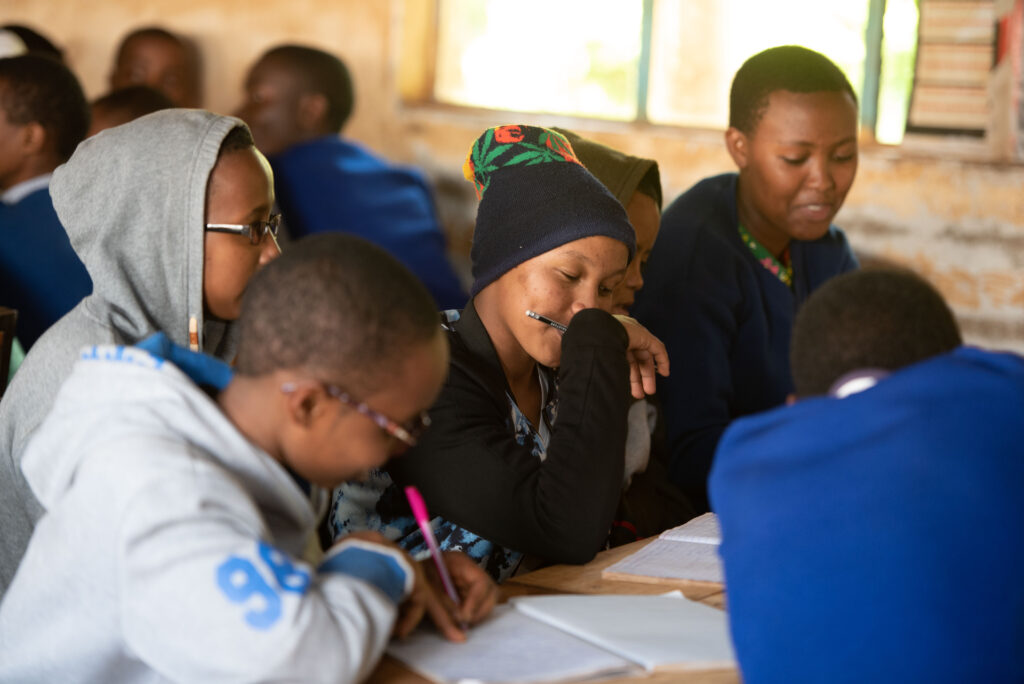
This project extends beyond Diego, Marang, and Gyekrum Lambo Schools; it encompasses a total of eight schools: Gyekrum Lambo Secondary School, Kilimamoja Secondary School, Kilimatembo Secondary School, Kainam Rotia Secondary School, Marang Secondary School, Qurus Secondary School, and Diego Secondary School. Each school eagerly anticipates the transformative impact of technology on their educational journey.
